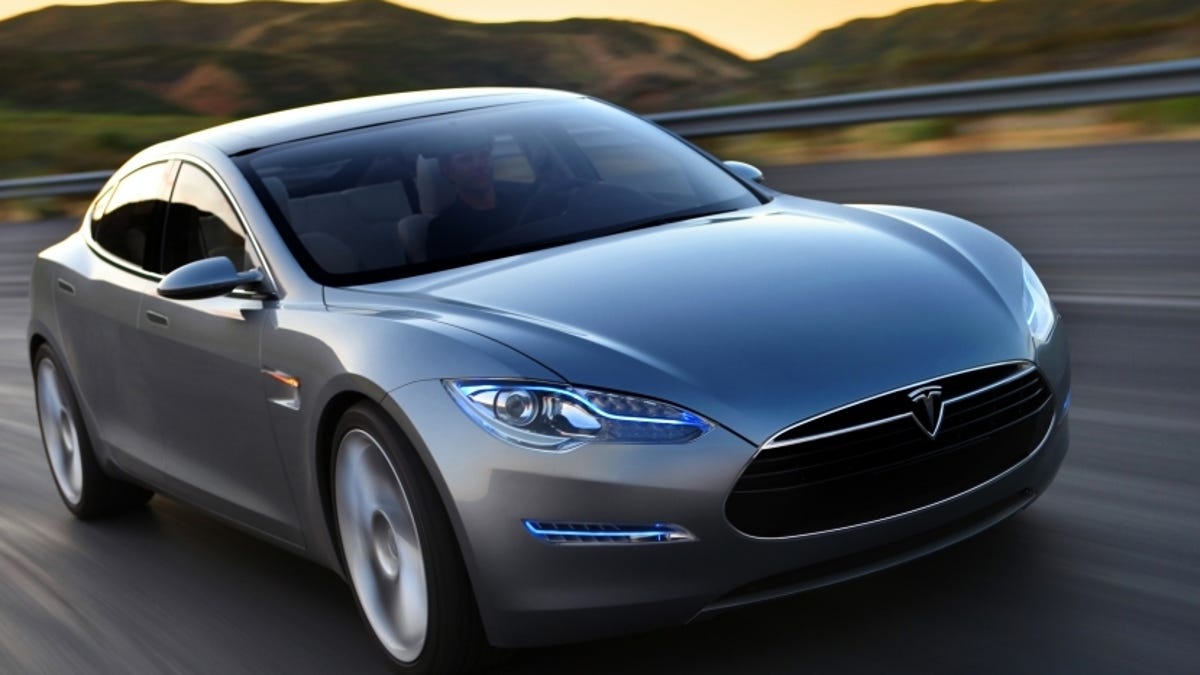Tesla: You can't 'brick' Model S batteries
In response to a blog reporting inoperable batteries in Tesla Roadsters, automaker says batteries in its Model S sedan can be recharged even after months of being unplugged.

Tesla Motors today detailed measures to prevent a full discharge of the batteries in its forthcoming Model S, saying drivers of the electric sedan would have to be particularly negligent to cause a costly battery replacement.
The company published a response to a blog earlier this week that recounted the problem of "bricked" Tesla Roadster batteries. The blog claimed that five owners of the Roadster electric sports car allowed their batteries to be completely discharged, rendering them inoperable.
Tesla on Wednesday did not deny the stories of Roadster battery problems but noted that Roadsters can remain unplugged for several weeks and that Roadster 2.0 cars offer owners the option of having the car notify Tesla if the batteries are getting below a 5 percent state of charge.
Today, Tesla said the Model S has more protections than the Roadster and would approach full discharge after 12 months if left parked with a 50 percent charge. Also, a Model S can be recharged if driven to a zero battery state.
"Model S batteries also have the ability to protect themselves as they approach very low charge levels by going into a 'deep sleep' mode that lowers the loss even further. A Model S will not allow its battery to fall below about 5 percent charge. At that point the car can still sit for many months. Of course you can drive a Model S to 0 percent charge, but even in that circumstance, if you plug it in within 30 days, the battery will recover normally," Tesla said on its Web site today.
Earlier this week, Nissan and General Motors said batteries of the Leaf and Chevy Volt electric cars will not fully discharge.

